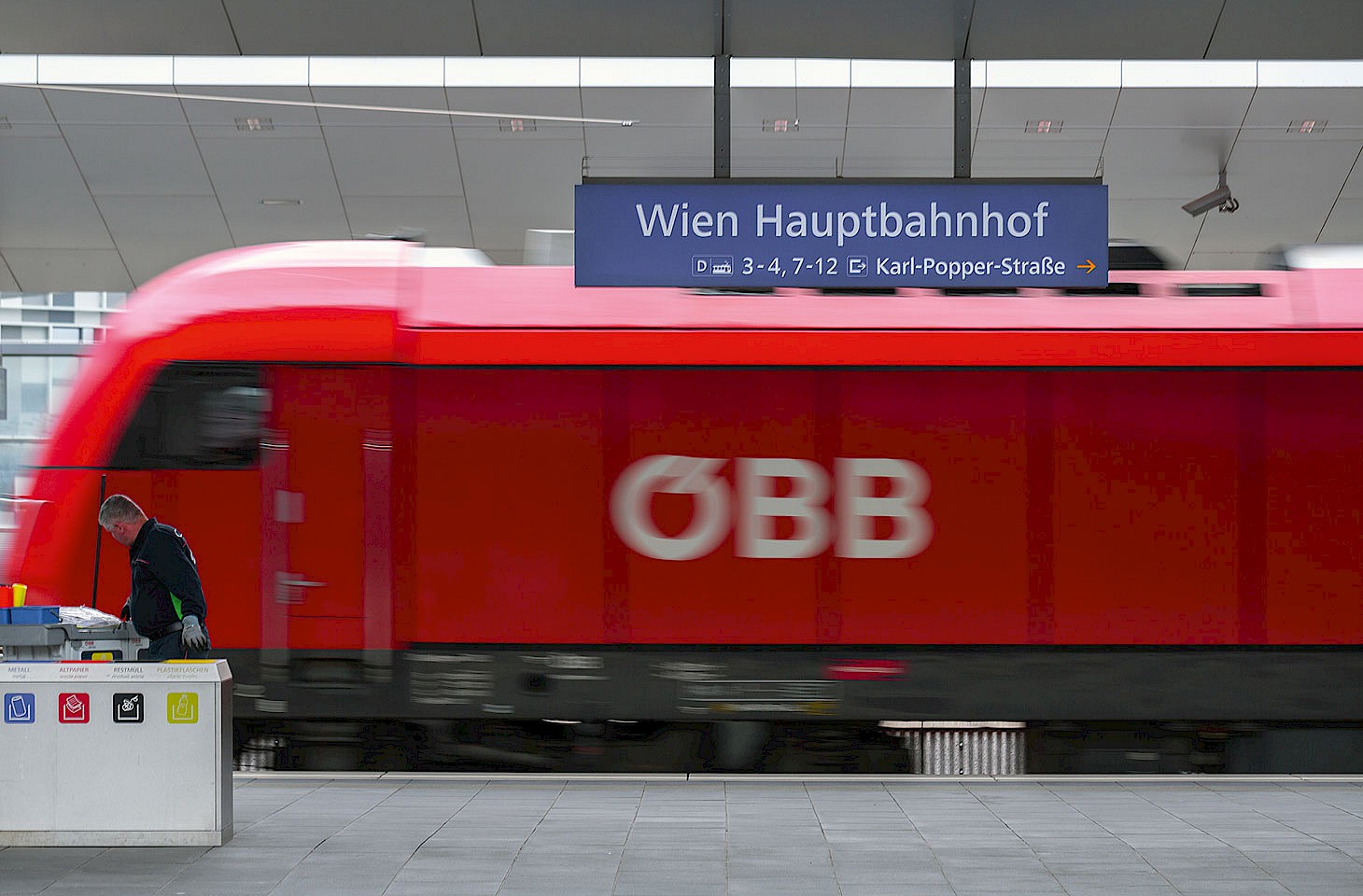Dear fellow travellers
The PTTK is a venerable Polish institution. Roughly translated, its full name means the Polish Society of Country Lovers. Kick-started in the Tatra Mountains in the late nineteenth century, the society encouraged an increasingly urban populace to make excursions out of the cities and explore the Polish countryside.
Landscape and the Catholic Church were the twin pillars around which, one hundred years ago, the narrative of Polish identity was constructed. PTTK did a marvellous job of promoting the Polish countryside, and from 1906 the society extended its geographical scope from the Tatra region to embrace the whole country. The society encouraged weekend hikes in the forest, wholesome family holidays, cheap travel and easy access to wilderness regions. Think of it as being the National Trust and the Youth Hostel Association combined.
PTTK hostels and PTTK family hotels blossomed in the mountains, along the coast and even in cities. Polish heritage was not confined to the countryside, and PTTK made it possible for families of only modest means to visit historic Polish cities like Kraków and Poznan.
Perhaps it is just nostalgic nonsense, but we share that affection that many older Poles reserve for PTTK hostels. The one on the square in Poznan was a gem, boasting a rather faded charm and a long set of house rules that waylaid many a casual visitor. Even five years ago, when the place had moved upmarket and styled itself the Dom Turysty, you could still get a good clean room for twenty euros - more if you wanted one of the few rooms that overlooked the square. The reception staff were resolutely monolingual, and the check-in process involved difficult decisions like whether you wanted cheese or salami with breakfast the following morning.
But times are changing. Travellers today crave creature comforts. In the countryside, and especially in the Tatra Mountains, PTTK still thrives. But in the cities, PTTK finds itself uncomfortably sidelined by a new generation of boutique hotels. So it was a little sad, arriving in Poznan on Sunday, to find that the Dom Turysty has closed down. Boarded, shuttered and barred, and the odd broken window in the old dining room. Curiously, the same old woman who for years swept the steps and pavement outside the hotel's main entrance was there as usual on Monday morning, diligently ensuring that there was not a speck of dust in sight outside the abandoned building. Some habits, it seems, are hard to break.
Nothing on Poland in the November hidden europe, we are afraid. But heaps of other good stuff. You can get a sneak preview of the contents of this upcoming issue of the magazine by clicking through to our website.


